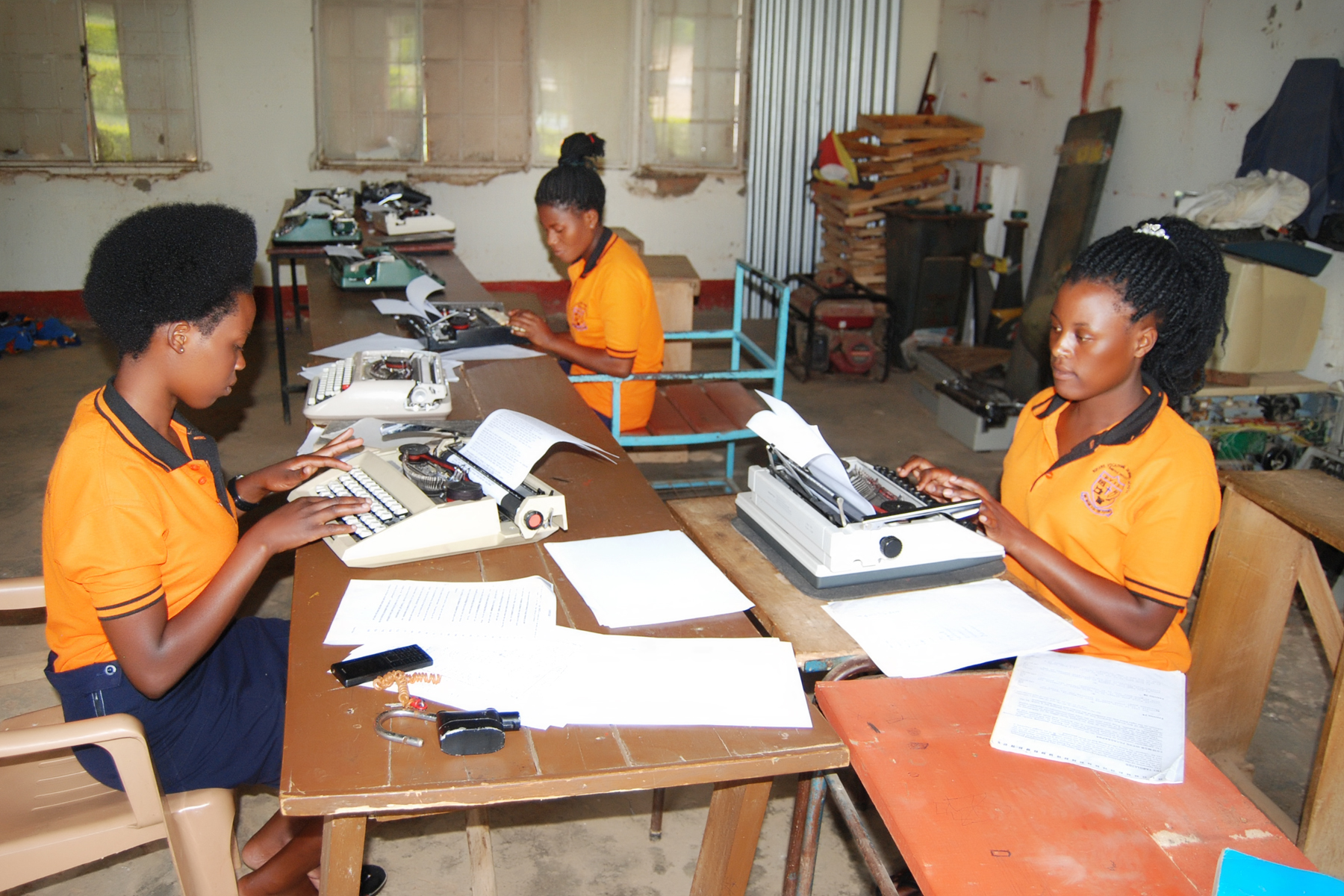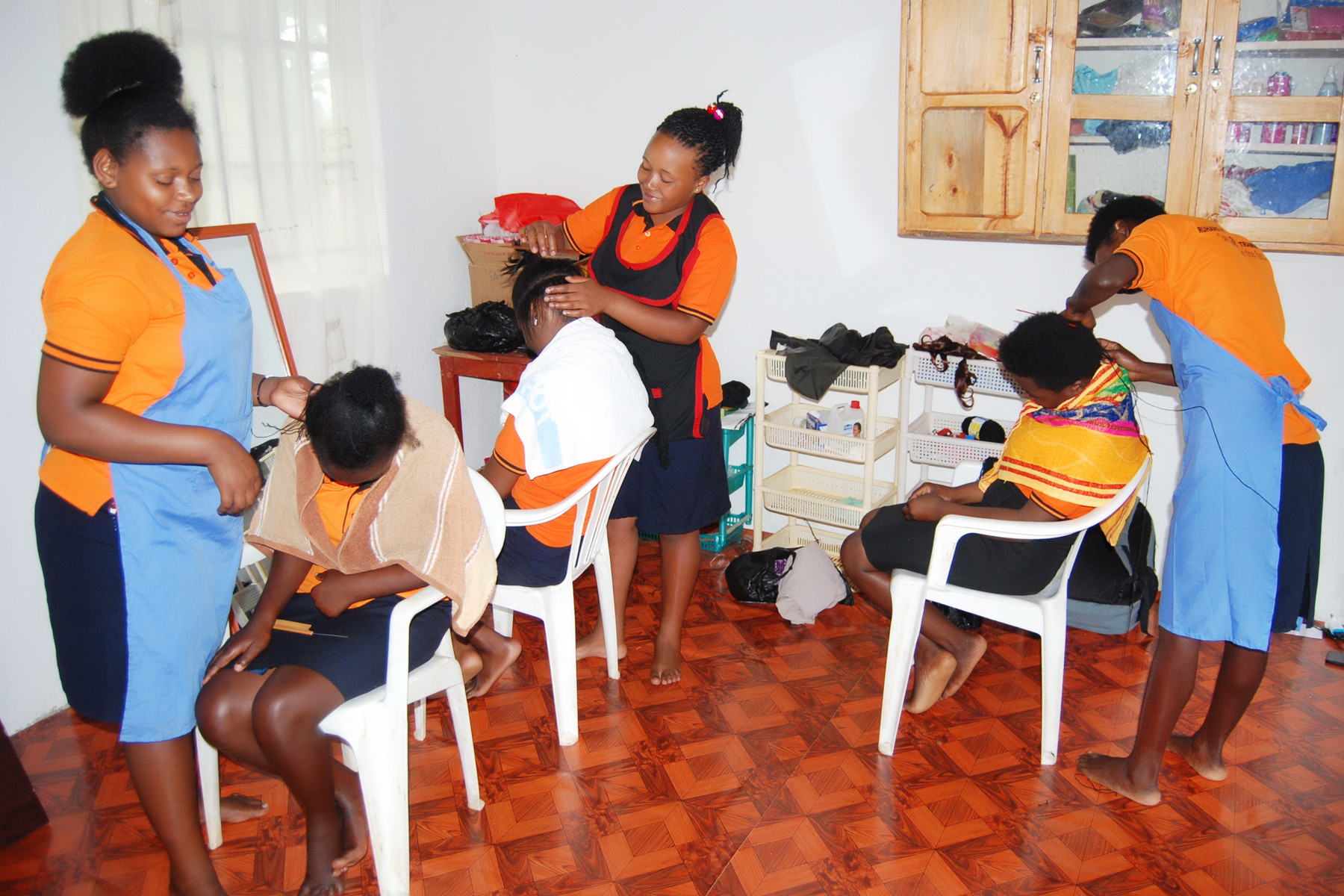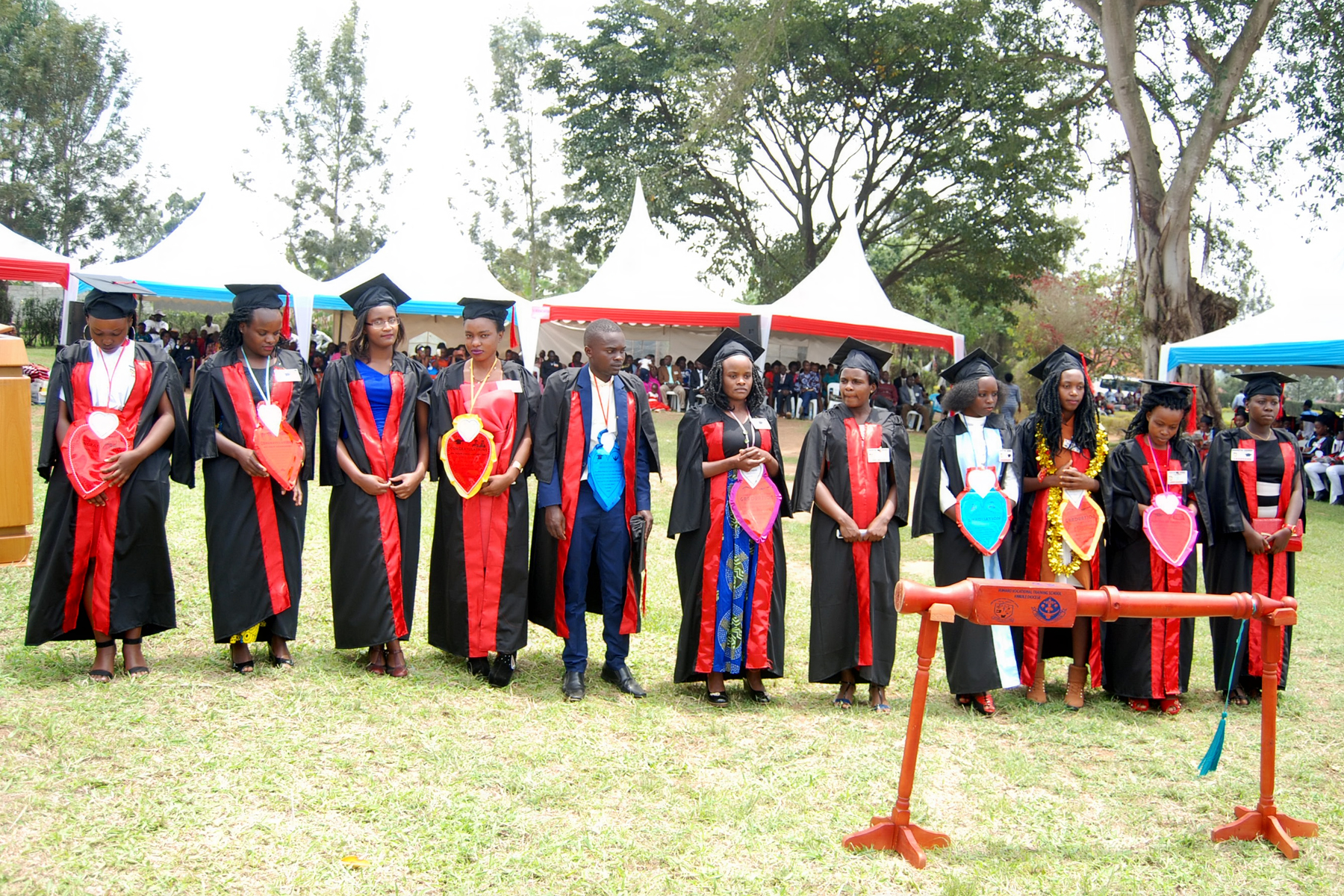Courses
National certificate in electrical installation systems and maintenance (NCES)
Course Details

Course Description
This course is examined by UBTEB which is done in semesters
For smooth running and better performance of the course
Projects: the course is capable of doing projects in and around the institution which are beneficial to the institute or the community around basing on UBTEB stands about competence-based training depending on the semesters.
Examinations: The NCES course always do regular sets of exams which include: Tests, assignment, mid-term exams and pre UBTEB exams which contribute to the course work assessment at the end of the semester that is 40%.
Industry training: This is carried out at the end of first year for the two years. This training is done outside the institution to interact with other people in the field of work so that the student can gain knowledge and skills from different people and relate theoretical knowledge to practical skills / concepts.
This training is also a paper on its own which contributes to 100%
Practical: this course always carries out regular practice/ practical in and outside the institution which enable the students to acquire practical skills for self-reliance after even one semester and also engaged in field work where students discover new things about technology and compete with others in the same field.
After UBTEB course
At the end of this course, the trainee is able to:
- Describe the concept of electricity generation, transmission and distribution and work in generating plant, transmission and distribution lines.
- Describe the construction and operation of the transformer.
- Select the correct wiring system for a particular installation.
- Install main switch gears including protective devices
- To wire up different types of lighting circuits, i.e. power circuit water heater, bell circuit, alarm circuit and cooker circuit.
- Identify places where lightening protection is required and install the lightening protective system
- To design the electrical plans for a particular installation.
- To install power/ electricity in residential house, commercial and factories/ workshops
- To fabricate a wielding machine
- To design and wire single, 3phase motors and their control (starter) and make machine repairs and maintenance hence working in factories.
- To rewind the motor which is burnt hence making money from factories.
- To become an electrician in factories and workshops.
- To fabricate a DC charger for dc output
- To develop logic gates circuit for electronic components hence repairing radios, TV and Telephones
- To install motors for DC
- To operate fire extinguishers and fight fire using appropriate fire extinguisher
- To quote local market prices for electrical material before installation
- To estimate quantity and the cost of electrical materials and determine labor cost.
- To select site for motor select motor type for a given site
- To identify the faults in electrical machines.
- To install an automatic change over switch and manual
- To maintain and repair a generator
- To install solar systems in residential houses, commercial and for agriculture
- To generate HEP from solar PV system thus supplying AC loads
- To install and wire traffic lights which controls vehicles in cities
Course units/ modules
In semester 1 year 1
- NCES 111 Domestic Electrical installation, maintenance, and repair theory.
- NCES 112 Domestic Electrical installation, maintenance, and repair practice.
- NCES 113 Domestic Electrical installation, maintenance, and repair Real life project.
- NCES 114 Domestic Electrical installation, maintenance, and repair Industrial training
- NCES 101 Electrical installation Science
- NCES 102 Electrical supply and installation
Semester 2 year 1
- NCES 121 Solar pv systems installation, maintenance and repair theory
- NCES 122 Solar pv systems installation, maintenance and repair practice
- NCES 123 Solar pv systems installation, maintenance and repair real life projects
- TCCS 101 life skills
- TCCA 101 Computer applications
- TCTM 101 Applied Technician mathematics 1
- TCES 102 Engineering Drawing
Semester 1 year 2
- NCES 201 Electrical machines and basic electronics
- NCES 211 Generators installation, maintenance and repair theory.
- NCES 212 Generators installation, maintenance and repair practice.
- NCES 213 Generators installation, maintenance and repair real life project.
Semester 2 year 2
- NCES 221 Electrical motors installation, maintenance and repair theory
- NCES 221 Electrical motors installation, maintenance and repair practice
- NCES 221 Electrical motors installation, maintenance and repair real life project
- NCES 221 Electrical motors installation, maintenance and repair industrial training
- TCTM 201 applied technical mathematics 2
- TCBE 201 Entrepreneurship skills
- TCCS 201 Basic Kiswahili
Duration: 2 Years
Skill Level: Beginner
Certification: NCES
Requirements For Enrollment
The course is offered by a candidate who successfully completed UCE and UACE and awarded by UCE with a maximum of grade four (4).
And students who completed junior certificate with a pass.
Birth Certificate or National ID from NIRA
COPIES OF CLEAR PASSPORT SIZED PHOTOS
National certificate in cosmetology and body therapy
Course Details

Course Description
the course takes two years and students are examined by UBTEB
After UBTEB course
At the end of this course, the trainee can be:
- Beautician
- Hair stylist
- Make-up artist
- Skin care specialist
- Cosmetic chemists
- Hair colorist
- Self employed
- Salon manager
- Retail cosmetic specialist
- Receptionist
- Cosmetology instructor
- Specialist in product making
- DIT/UBTEB Assessors
Course units/ modules
- Hair plaiting and styling
- Beauty therapy
- Computer application
- Life skills
- Chemical hair services, coloring and barbering
- Salon management and hair product formulation
- Basic Kiswahili
- Elements of entrepreneurship
Duration: 2 Years
Skill Level: Beginner
Certification:
Requirements For Enrollment
Minimum three papers passed on O’level
Birth Certificate or National ID from NIRA
COPIES OF CLEAR PASSPORT SIZED PHOTOS
Hair dressing and salon management
Course Details

Course Description
This course is acquired by students who completed S.4 and they do directorate of industrial training (DIT) level 2
And the P.7 leavers do DIT Level 1
After UBTEB course
At the end of this course, the trainee can be:
- Hair stylist
- Salon owner
- Cosmetic chemists
- Hair colorist
- Salon manager
- Hair dressing instructor
- DIT assessor.
Course units/ modules
- Professional image
- Sanitation and sterilization
- Hair plaiting and styling
- Properties of hair
- Chemical hair services
- The artistry of artificial hair
- Salon management
Duration: 2 Years
Skill Level: Beginner
Certification:
Requirements For Enrollment
This course is acquired by students who completed S.4 and they do directorate of industrial training (DIT) level 2
And the P.7 leavers do DIT Level 1
Birth Certificate or National ID from NIRA
COPIES OF CLEAR PASSPORT SIZED PHOTOS
National Certificate in hotel and institutional catering
Course Details

Course Description
We have two examination bodies i.e.
- UBTEB – National Certificate in hotel and institutional catering
- DIT – Directorate of industry training Levels I, II and III
After UBTEB course
One can work in hotels, schools, bakery, supermarkets among others and can upgrade to a degree level.
Student will have skills in;
- Baking
- Costing food
- Cooking and serving food
- Marketing food products
Good customer care
Professionalism
Course units for UBTEB
- Bookkeeping
- Food services I and II
- Food Production
- Basic communication skills
- Introduction to hygiene and safety
- Real life projects 1, 2, 3 and 4
- Housekeeping operations
- Basic French
- Computer applications
- Entrepreneurship
- Front office operations
- Business law
- Linen and laundry operation
- Pastry and baking
- Food sales and marketing
- Customer care
- Kiswahili
- Event management
- Industrial training
Course units for DIT
- Food sorting and stores
- Front office and house keeping
- Food service and hygiene
- Food and nutrition
- Food services
- Communication skills
- Kiswahili
- French
